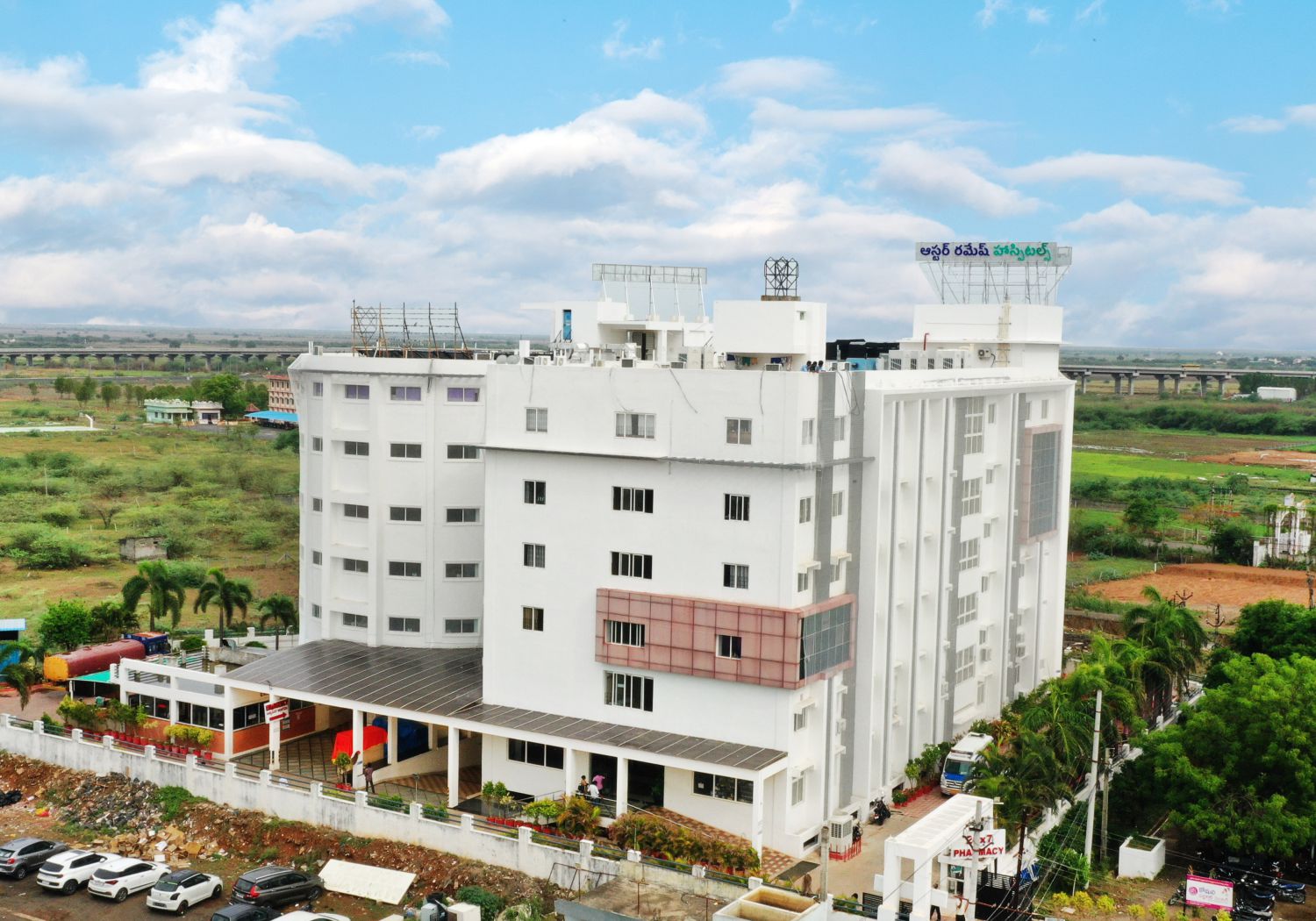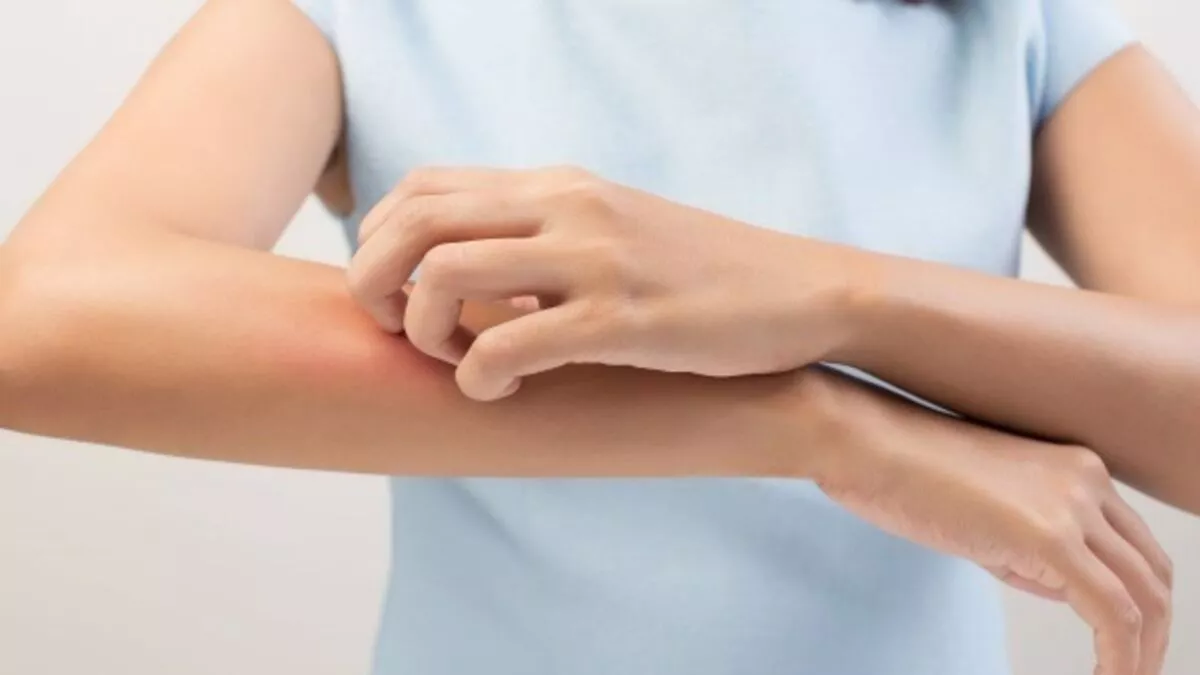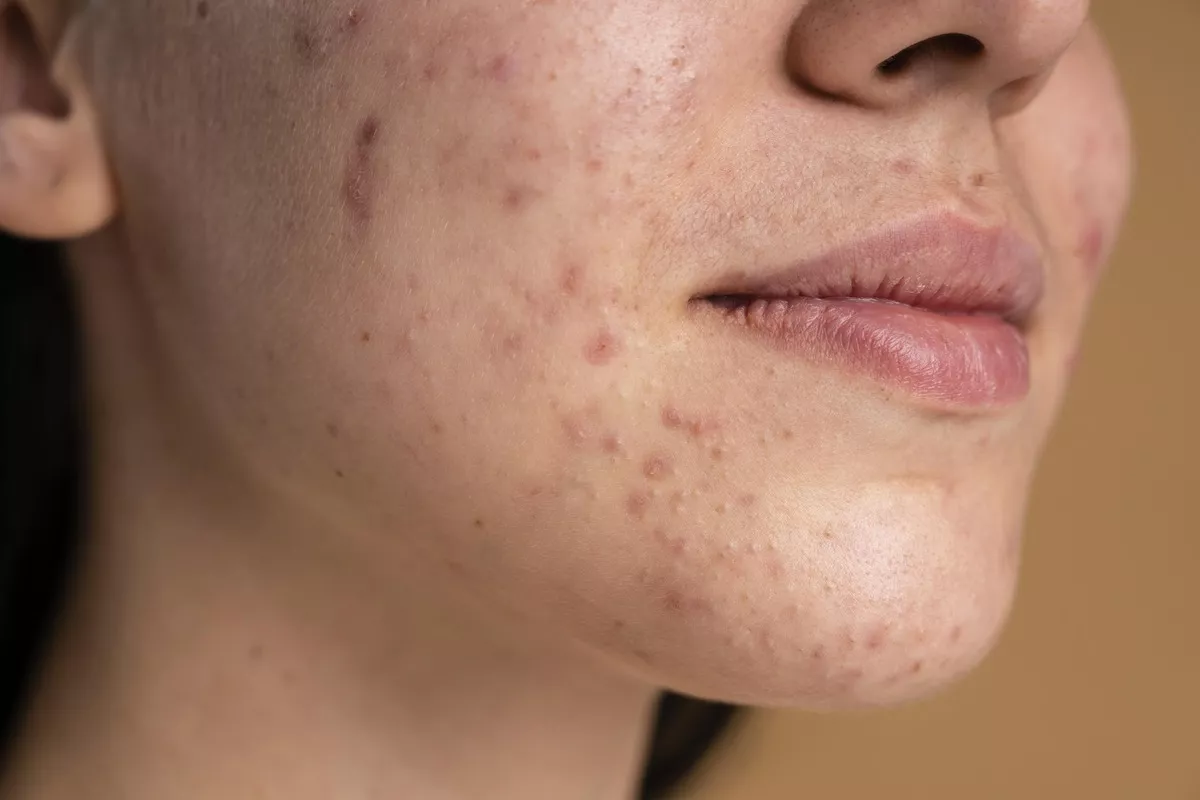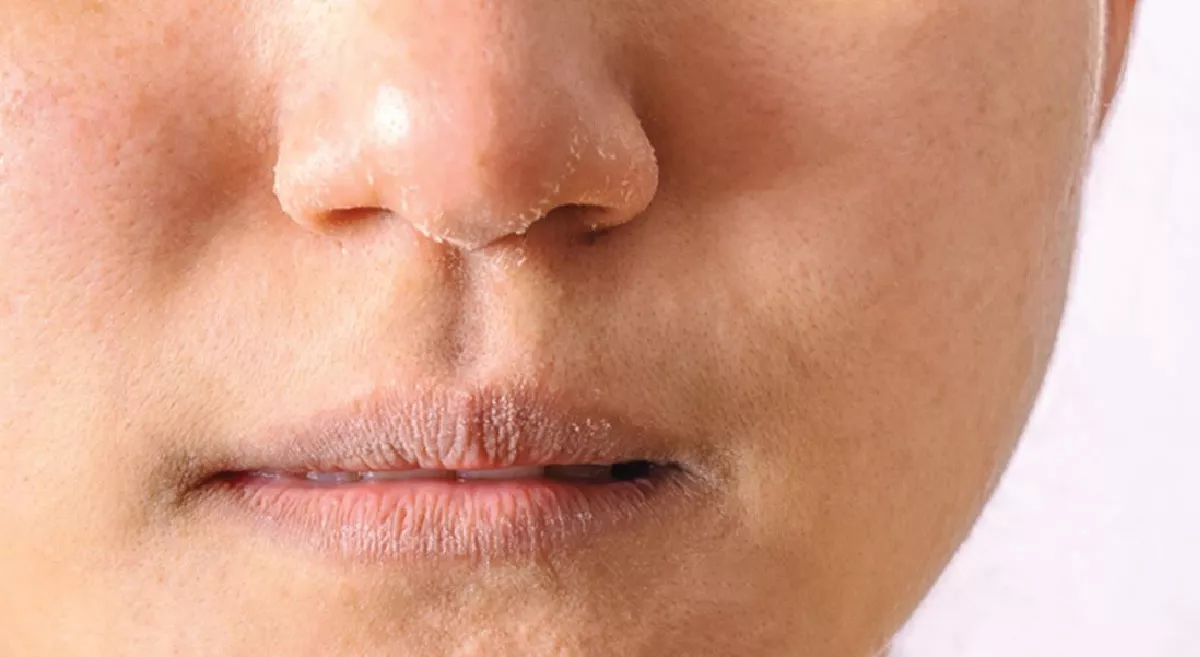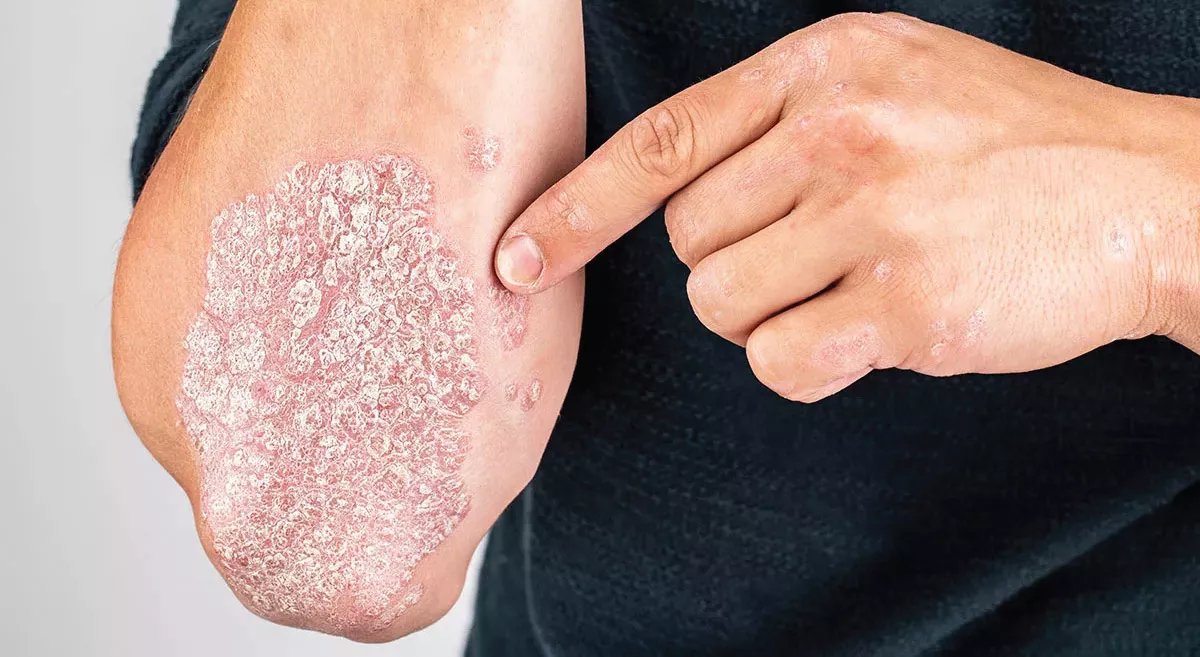Skin is the largest organ of the body and it protects you against all external aggressors. Your skin health is important not only for your appearance but more importantly because your skin performs so many essential tasks for your body. We offer comprehensive treatment for skin, hair, and nail diseases. A majority of treatment is evidence-based therapies for a variety of skin conditions, such as acne, skin growths, psoriasis, skin pigmentation, age spots, rashes, warts, and vitiligo. We have a well-qualified and skilled team of dermatologists who are adept in skin procedures, which require utmost precision such as micro-needling, skin biopsy, and platelet-rich plasma therapy. We also use the latest techniques that cause minimal scarring and help our patients have healthy and glowing skin.
Our Doctors
We have some of the best specialists from around the world, they bring years of experience and offer evidence-based treatment to ensure the best care for you.
Advanced Technology & Facilities
Well equipped with the latest medical equipment, modern technology & infrastructure, Aster Hospital is one of the best hospitals in India.
The electrosurgical method includes utilizing a special device by the skilled doctors, at Aster MIMS Kottakkal, frequently basically called a “Bovie” after the man who created it. The device cuts, parches (dries the region), coagulates (frames blood clusters) and fulgurates (destroy and wipe off) tissue. There are such a large number of dermatology methods that react well to electrosurgery that dermatologists for the most part utilize it consistently. The advantages of the strategy are various. Methods are performed under local anesthesia at our department, regularly without the need of an assistant. The utilization of electrosurgery has been attached to less bleeding amid the method which decreases inconveniences, advances fast recuperating and negligible scarring.
Our team of doctors may find a sore that is suspicious, and a sample of skin may be evacuated to take a gander at under a microscope. This is known as a skin biopsy. There are a few diverse approaches to play out a skin biopsy. The decision relies on upon the kind of skin tumor, where it is on the body, and the measure of the influenced region. Taking a gander at tissue under the microscope is the most complete technique to analyze a skin tumor.
In case of shave biopsy, the skin is desensitized with local anesthesia. A sharp cutting edge is utilized to shave off a thin cut of skin containing the top layer of skin, the epidermis, and a segment of the base layer of skin, the dermis. A sharp, round cutting edge is utilized to evacuate a tube shaped center of skin and all skin layers down to the subcutaneous fat layer in punch biopsy. Whereas in the case of incisional and excisional biopsy, the skin is anesthetized (desensitized) with local anesthesia and a surgical blade is utilized to evacuate a bit of the tumor (incisional biopsy) or the whole tumor (excisional biopsy).
The Dermaroller is a powerful, safe, minimally-invasive procedure that includes the utilization of micro-needling equipment. Our department performs this Vital Collagen Induction treatment with the FDA affirmed Medical Dermaroller to make micro-needle punctures into the dermis. Thusly, the skin's common guard enables it to make new collagen cells by empowering development and recuperating elements. These outcomes in a snappy recuperating time with for the most part great outcomes. Dermaroller has been used by our specialized doctors to treat a wide assortment of skin concerns, for example, scars of acne, skin laxity, lines, photo damage, texture and tone, and other skin imperfections. The Dermaroller is the best revival treatment for the face, but at the same time is extremely effective on the body. It can help decrease the presence of stretch marks. Since it is not a laser, it can be performed on all skin sorts securely and effectively
Blogs
The source of trustworthy health and medical information. Through this section, we provide research-based health information, and all that is happening in Aster Hospital.














